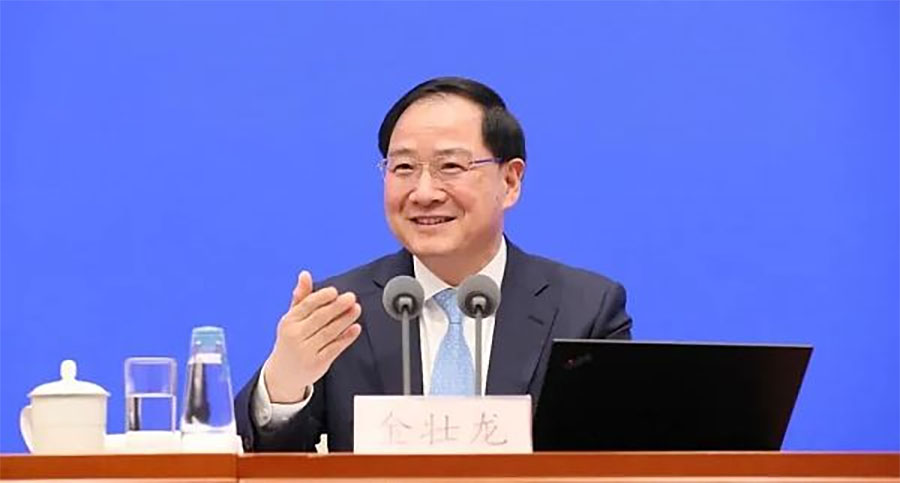Photo Credit: Getty Images
While solidifying its position as a global tech powerhouse, China has unveiled ambitious plans to invest heavily in cutting-edge technologies. The country's strategy, outlined by Jin Zhuanglong, head of China's Ministry of Industry and Information Technology, aims to address current shortcomings while laying the groundwork for future dominance in key sectors.
Jin acknowledged existing gaps, stating, "There are still outstanding shortcomings in key core technologies and basic industrial capabilities." This candid assessment underscores China's determination to evolve from being "big" in production to becoming "strong" in technological leadership.
The focus on "vanguard industries" is at the heart of China's tech strategy. These include brain-computer interfaces, metaverse technologies, next-generation internet infrastructure, quantum computing, and deep-sea and aerospace technologies. Additionally, the country plans to establish national manufacturing innovation centers dedicated to emerging fields like biomanufacturing.
China's manufacturing sector remains a cornerstone of its economy, contributing 26.2% to the country's GDP in 2023 and representing approximately one-third of global manufacturing output. Strategic emerging industries currently account for 13% of GDP, indicating significant growth potential.
The country is not neglecting established industries. Jin emphasized that sectors like iron and steel are not considered "low-end" but rather foundational to the modern industrial system, requiring focused transformation and upgrades.
China's commitment to fostering innovation extends to nurturing industry leaders in emerging fields. Plans include enhancing technology in advantageous industries such as new energy vehicles and photovoltaics, while also prioritizing market expansion and cultivating leading enterprises in sectors like artificial intelligence and drone technology.
Recognizing the importance of international collaboration, China has taken steps to attract foreign investment. The country recently announced the removal of restrictions on foreign investment in manufacturing and has opened telecommunications market access to foreign companies in strategic locations like Beijing. As of June 2024, over 2,000 foreign telecommunications businesses were operating in China.
The upcoming third plenary session of the Central Committee, scheduled for July 15-18, is expected to set ambitious goals for the next decade, further propelling China's journey towards becoming a global tech leader. This push comes as China aims to surpass the United States in technological innovation.
A recent UN report highlighted China's lead over the US in generative AI patent applications, underscoring the country's growing prominence in cutting-edge technologies. As China doubles down on its tech ambitions, the global technology landscape is poised for significant shifts in the coming years.


